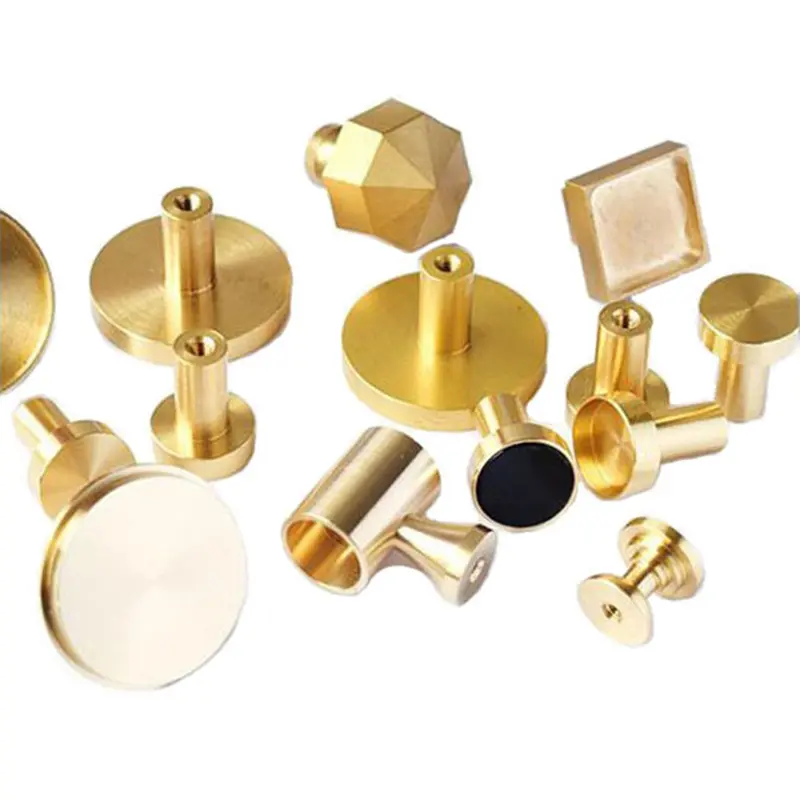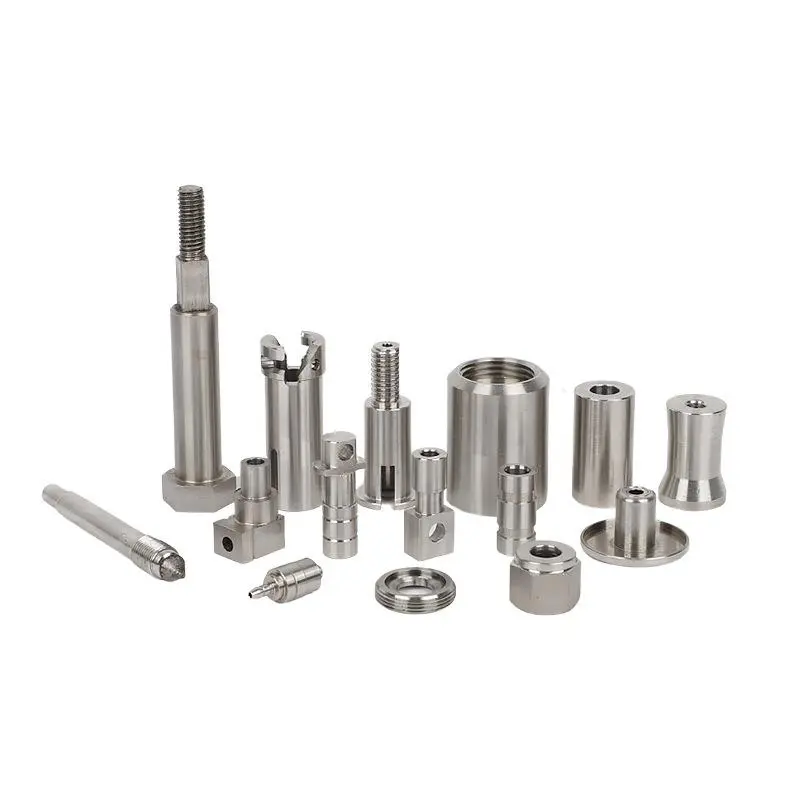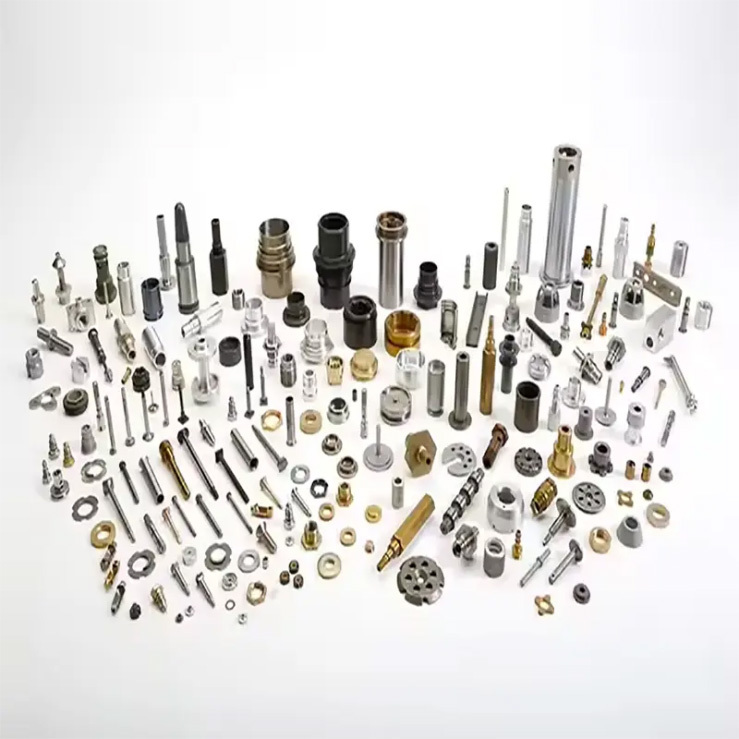The Essential Guide to CNC Swiss Brass Machined Parts in Precision Manufacturing
Published Time:
2025-10-07
CNC Swiss brass machined parts are integral components in various manufacturing processes, particularly in industries that require precision and reliability. The term "CNC Swiss" refers to a specific type of machining process that utilizes Computer Numerical Control (CNC) technology along with Swiss-style lathes. This combination allows for the efficient production of complex parts with high accuracy.
One of the primary advantages of CNC Swiss brass machining is the ability to create intricate geometries that are often challenging to achieve with traditional machining methods. The Swiss-style lathe operates by feeding the material through a guide bushing, which minimizes tool overhang and enhances stability during the machining process. This results in superior surface finishes and tighter tolerances, which are vital for applications in industries such as electronics, medical devices, and automotive components.
Brass, known for its excellent machinability, corrosion resistance, and aesthetic appeal, is a popular material choice for CNC Swiss machined parts. Its properties make it suitable for various applications, including fittings, valves, and connectors. When combined with the precision of CNC machining, brass components can meet stringent performance requirements while remaining cost-effective.
When working with CNC Swiss brass machined parts, several key considerations come into play. First, selecting the right grade of brass is crucial, as different alloys offer varying characteristics that can influence the final product's performance. Second, understanding the machining parameters—such as cutting speed, feed rate, and tooling—is essential to optimize the process and ensure high-quality output.
Additionally, post-machining processes, such as deburring and surface finishing, can further enhance the quality and functionality of the parts. Implementing best practices in these areas helps to maintain the integrity of the components and extends their lifespan in end-use applications.
In conclusion, CNC Swiss brass machined parts play a vital role in modern manufacturing, combining the benefits of advanced machining technology with the advantageous properties of brass. By understanding their applications and the machining process, professionals in the mechanical hardware processing industry can leverage these components to drive efficiency and innovation in their projects. Whether you're designing a new product or optimizing an existing one, CNC Swiss brass machined parts offer a reliable solution for precision engineering needs.
One of the primary advantages of CNC Swiss brass machining is the ability to create intricate geometries that are often challenging to achieve with traditional machining methods. The Swiss-style lathe operates by feeding the material through a guide bushing, which minimizes tool overhang and enhances stability during the machining process. This results in superior surface finishes and tighter tolerances, which are vital for applications in industries such as electronics, medical devices, and automotive components.
Brass, known for its excellent machinability, corrosion resistance, and aesthetic appeal, is a popular material choice for CNC Swiss machined parts. Its properties make it suitable for various applications, including fittings, valves, and connectors. When combined with the precision of CNC machining, brass components can meet stringent performance requirements while remaining cost-effective.
When working with CNC Swiss brass machined parts, several key considerations come into play. First, selecting the right grade of brass is crucial, as different alloys offer varying characteristics that can influence the final product's performance. Second, understanding the machining parameters—such as cutting speed, feed rate, and tooling—is essential to optimize the process and ensure high-quality output.
Additionally, post-machining processes, such as deburring and surface finishing, can further enhance the quality and functionality of the parts. Implementing best practices in these areas helps to maintain the integrity of the components and extends their lifespan in end-use applications.
In conclusion, CNC Swiss brass machined parts play a vital role in modern manufacturing, combining the benefits of advanced machining technology with the advantageous properties of brass. By understanding their applications and the machining process, professionals in the mechanical hardware processing industry can leverage these components to drive efficiency and innovation in their projects. Whether you're designing a new product or optimizing an existing one, CNC Swiss brass machined parts offer a reliable solution for precision engineering needs.
Previous Page
Previous Page
NewsCenter
Beijing Pafinal Precision Machinery Co., Ltd.
Email:sales@pafinal.com

Address: No. 239 Huanhe South Road, Tianjin Pilot Free Trade Zone (Airport Economic Zone), Tianjin
中企跨境-全域组件
制作前进入CSS配置样式
sales@pafinal.com:
Whatsapp:
在线客服添加返回顶部
图片alt标题设置: PAFINAL
表单验证提示文本: Content cannot be empty!
循环体没有内容时: Sorry,no matching items were found.
CSS / JS 文件放置地




 2025-10-07
2025-10-07


